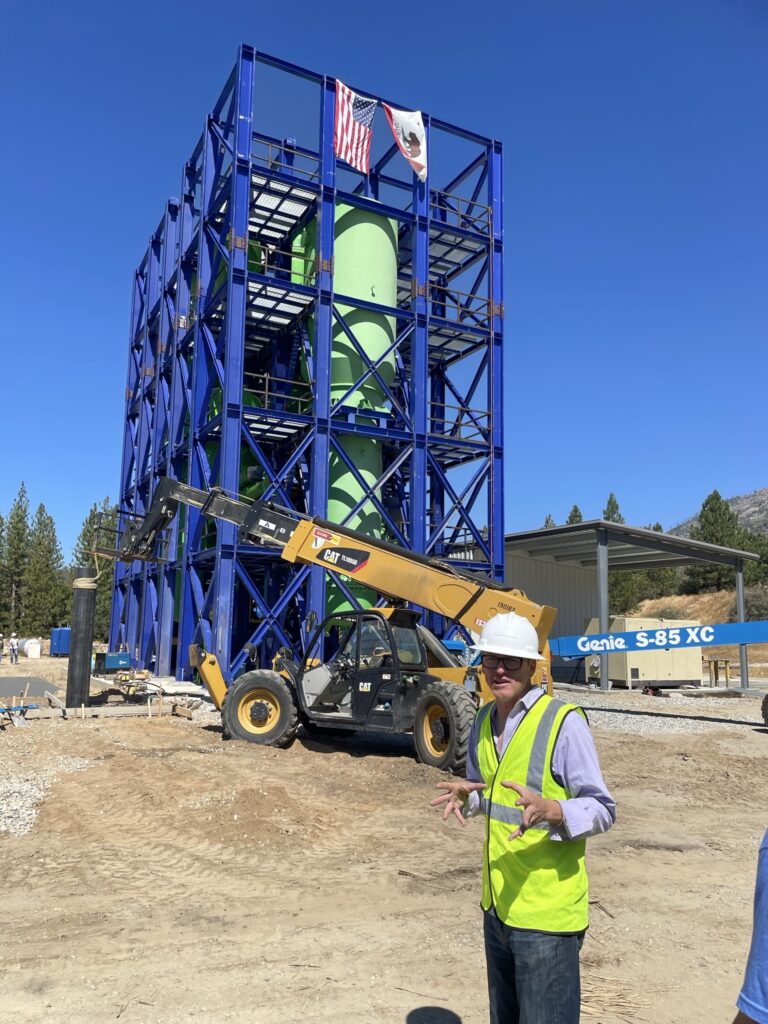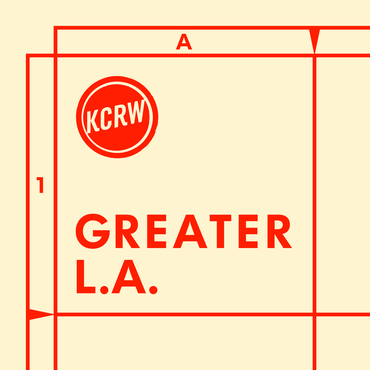Posts by Julia Levin
Electricity
Bioenergy from organic waste can provide renewable power that is available when needed, also known as “firm” power. California will need thousands of megawatts of firm, renewable power to fill in when solar and wind power are not available and for periods when batteries are not sufficient. Bioenergy is also the only form of power…
Read MoreAir Board Proposes New Pipeline Biogas Standards
AB 1900, legislation to promote the instate development and use of biogas, requires the California Air Resources Board (CARB) and Office of Environmental Health Hazard Assessment (OEHHA) to propose pipeline biogas standards to protect public health. The California Public Utilities Commission must defer to the agencies in adopting those standards and must adopt additional standards…
Read MoreWATCH: Mainspring Energy Converts Landfill Gas to electricity
WATCH local news coverage of Mainspring Energy’s linear generator, which is converting landfill methane to renewable electricity in Yolo County. Using its non-combustion technology, Mainspring can reduce methane emissions and provide renewable electricity. According to climate scientists around the world, cutting methane and other Short-Lived Climate Pollutants is the most urgent step we can take…
Read MoreDepartment of Conservation Awards Forest Biomass to Advanced Biofuels Projects
The California Department of Conservation ((DOC) has approved grants to five BAC members to conduct the environmental planning and permitting for projects to convert forest waste to carbon negative biofuels including hydrogen and bio-oil. The projects will also include either biochar production or carbon capture and storage (CCS) to ensure that the fuels are carbon…
Read MoreRaven SR Announces Sustainable Aviation Fuel (SAF) Projects
Raven SR has entered into two Memoranda of Understanding (MOU’s) to provide Sustainable Aviation Fuel (SAF) to Japan Airlines and All Nipon Airlines. Raven will generate the fuel from organic waste using green waste and other organic waste that is diverted from landfills, as well as landfill biogas emitted from decomposing waste. Raven will provide…
Read MoreAir Board Adopts 2022 Climate Change Scoping Plan
The California Air Resources Board adopted California’s 2022 Climate Change Scoping Plan in December. The Scoping Plan is California’s blueprint for achieving its climate goals. The 2022 Plan includes several new areas of focus, including a strategy to achieve carbon neutrality, how to reduce carbon emissions and increase sequestration on natural and working lands, carbon…
Read MoreCalifornia awards $18.7 million to CalBio and Maas Energy to Reduce Dairy Methane
The California Department of Food and Agriculture just awarded $18.7 million dollars to BAC members California Bioenergy and Maas Energy for a total of 14 new dairy digesters in California. Together, these 14 projects will cut greenhouse gas emissions by almost 2 million metric tons over the next 10 years. Even more importantly for the…
Read MoreBAC Comments on Proposed Changes to the LCFS
BAC submitted comments to the Air Resources Board on proposed changes to the Low Carbon Fuel Standard Program, including: Read BAC’s comments on proposed changes to the LCFS: BAC Comments on July 2022 LCFS Staff Presentation (final)
Read MoreCalifornia Air Board Proposes Changes to Low Carbon Fuel Standard
The Low Carbon Fuels Standard Program has helped to reduce the carbon intensity of on-road vehicle fuels by nearly 10 percent over the last decade, largely thanks to increased biofuels production. Unfortunately, LCFS credit prices have dropped more than 50 percent, which threatens to slow California’s progress in reducing transportation climate emissions. To address the…
Read MoreLISTEN: NPR Story on Landfill Gas to Power in Los Angeles
KCRW – NPR’s affiliate in Los Angeles – aired this piece on the City of Glendale’s landfill gas to electricity project, which will produce enough renewable electricity to power 4,000 homes while cutting emissions of methane, a climate super pollutant. BAC’s Executive Director, Julia Levin, is quoted extensively in the story, highlighting the urgency of…
Read More




